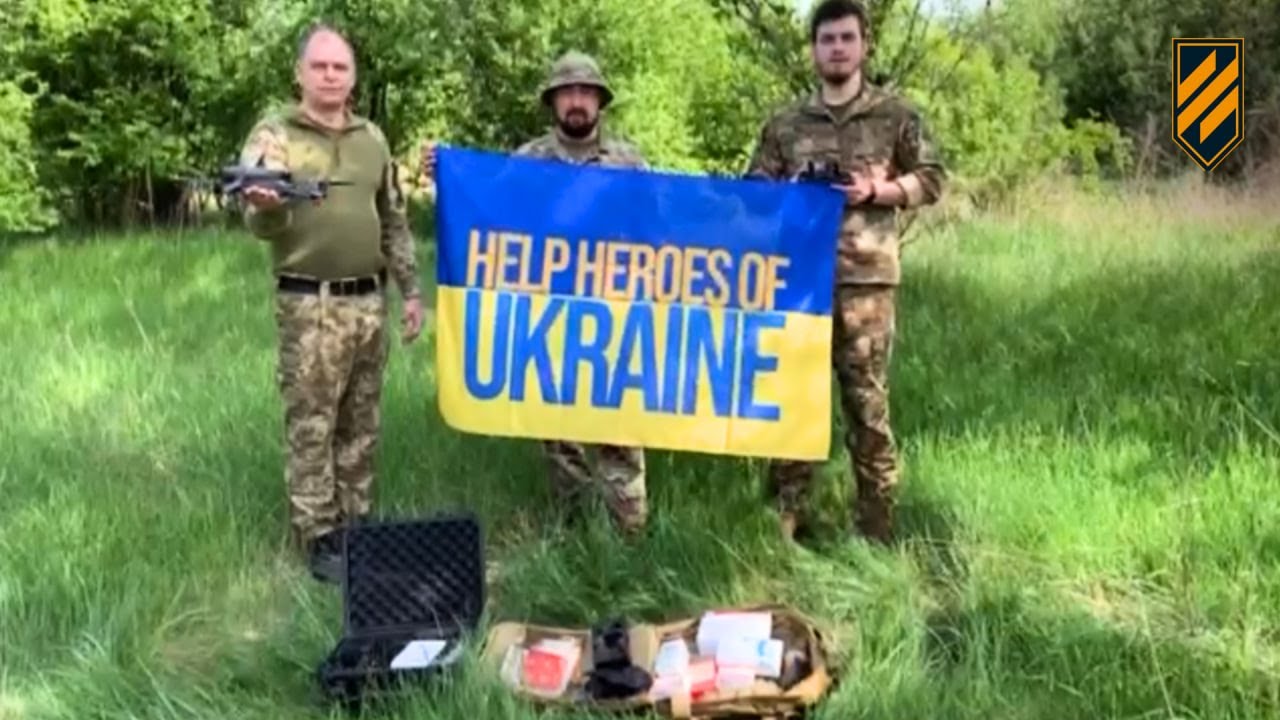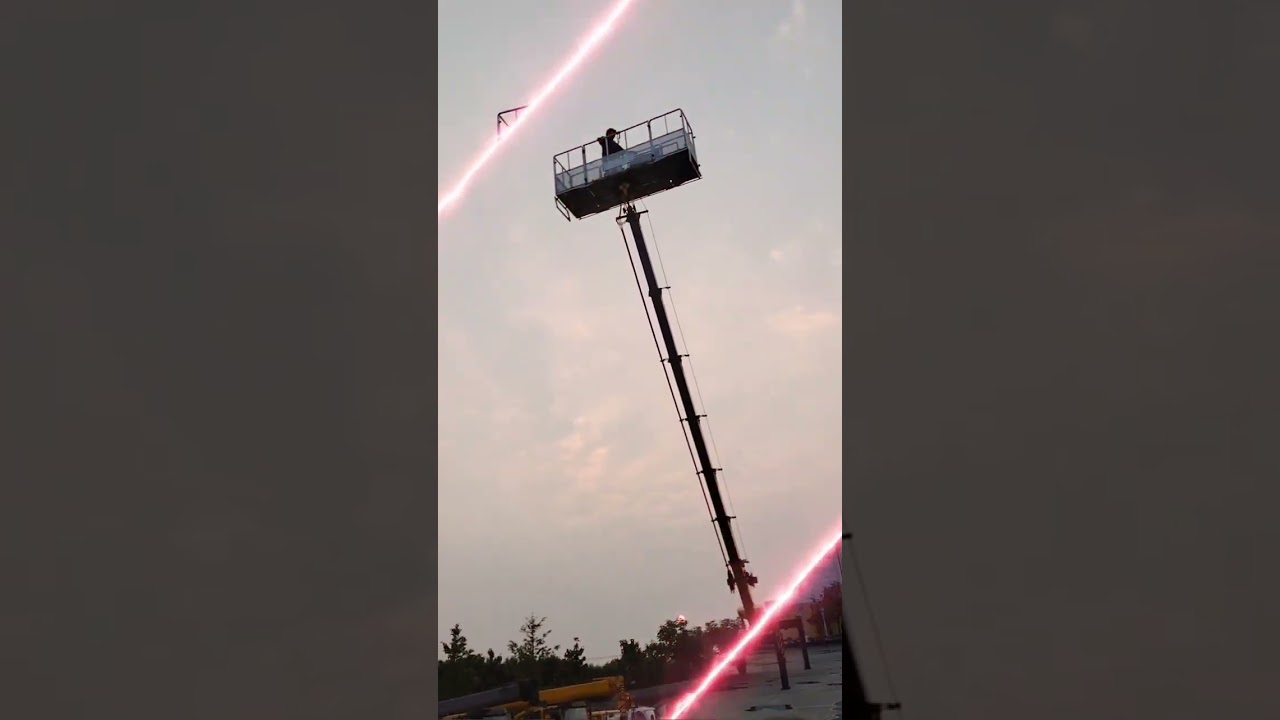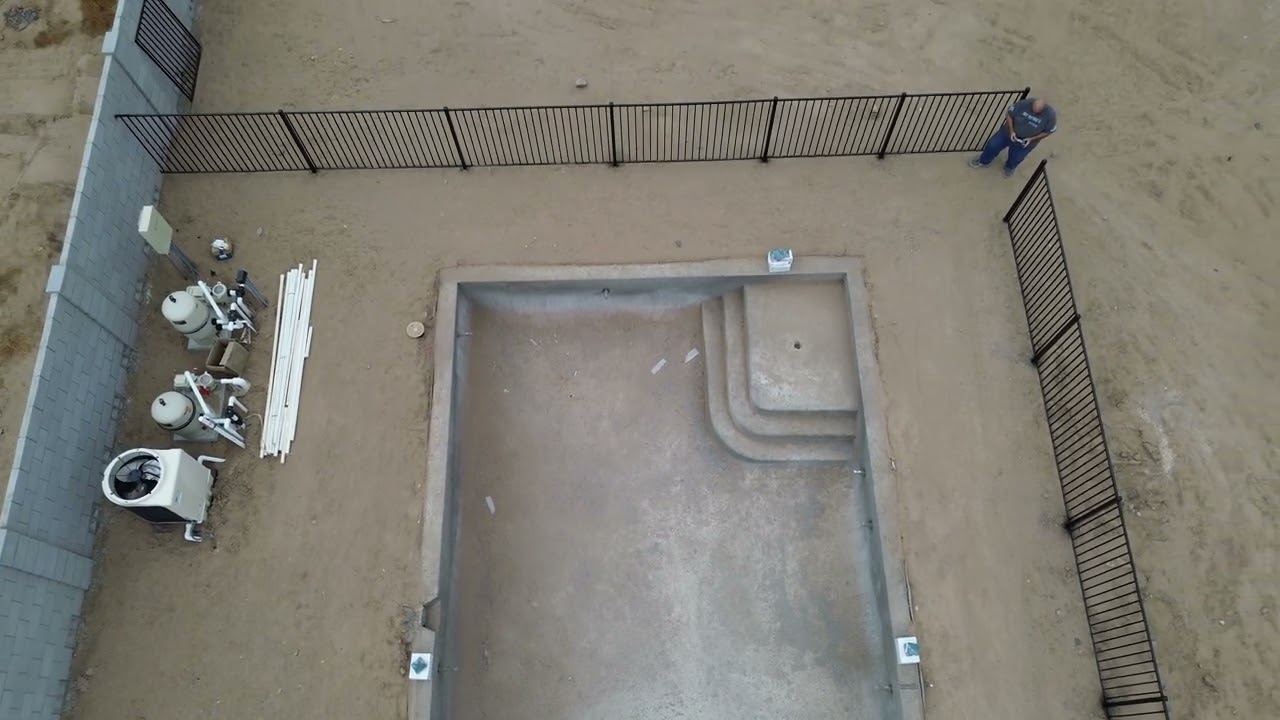- “Since the beginning of the war, my main focus has been to show this war through photography,” says Vladyslav Krasnoshchok, a medical doctor and artist in the Ukrainian city of Kharkiv
- Today marks the fifth month of a full-scale war. The occupiers were going to capture most of our country on the fifth day, but have to stage such a missile show on the fifth month, which does not change anything strategically for Russia. This is such a phase of the war – morally difficult, emotionally difficult. When we know that the enemy will not succeed – address by the President of Ukraine
- As Biden stood alongside German Chancellor Olaf Scholz at the official G7 welcome ceremony, ABC News’ Karen Travers asked if he had any reaction to the strikes on a residential neighborhood. “Yes, it’s more of their barbarism,” Biden said
- Russia is hours away from its first foreign default in a century. Group of Seven talks on a possible price cap on Russian oil advanced enough for leaders to discuss the topic at their summit starting Sunday in Germany
- Despite Moscow’s recent territorial gains in the east, the war could shift back in Kyiv’s favor in the coming months because the Russian military will soon deplete its combat capabilities, Western intelligence assessments and military experts say
- Moscow is closing in on the city of Lysychansk, near the strategically important city of Severodonetsk, which Russia captured last week in one of its biggest wins since it launched its offensive in the Donbas region nearly three months ago. If Lysychansk falls, it would give Russia almost complete control of the eastern Luhansk region.
Red Cross: Helping families find missing loved ones
It’s the same stance the Red Cross has taken for over a century, providing news to families on all sides in two world wars, in Vietnam, and most recently in Iraq. The records of POWs are kept forever. Even now, someone whose grandfather was a prisoner in World War Two, or whose father went missing in Vietnam, can go to the Central Tracing Agency to check the records and, perhaps, find out what happened.
The ICRC says it has registered hundreds of prisoners among those who surrendered at the Azovstal steel plant in the southern Ukrainian port city of Mariupol in May.
Red Cross officials will not disclose exactly how many, but they are getting prisoner lists from both Russian and Ukrainian forces, and the numbers are believed to run into the thousands.
Equally high are the numbers of families desperate for news. In the tracing agency’s mailroom, up to 400 emails are coming in each day. The agency has already informed almost 1,800 families about the whereabouts of missing loved ones.
This is the Central Tracing Agency, run by the International Committee of the Red Cross (ICRC). Its role is to reunite people separated by conflict, to find the missing, to visit prisoners of war and to let their families know where they are.
Now, with the war in Ukraine, they’re busier than ever.
The Red Cross has been helping families find their loved ones lost in war since 1859, when Henri Dunant, the founder of the ICRC, came across soldiers dying after the battle of Solferino in northern Italy.
 #Ukrainian SOF scouts in the #Donetsk region found an enemy convoy, which consisted of 6 Uragan MLRS, fuel trucks, trucks, fire control vehicles, armored personnel carriers and infantry fighting vehicles.1/2
#Ukrainian SOF scouts in the #Donetsk region found an enemy convoy, which consisted of 6 Uragan MLRS, fuel trucks, trucks, fire control vehicles, armored personnel carriers and infantry fighting vehicles.1/2
How to Find a Missing Loved One
IIf you are trying to locate or get in touch with a U.S. citizen, please contact the U.S. Department of State Overseas Citizens Services Office online or call 1-888-407-4747. However, if you are looking for a family member who is not a U.S. citizen but is located in either Ukraine or Russia, the Red Cross may be able to reconnect you through our Restoring Family Links program.
IIn neighboring countries where Ukrainians have fled, the Red Cross is distributing SIM cards for cell phones, so people can get in touch with their loved ones. Some family members have maintained contact with each other, but the situation is rapidly changing. As of now, most have maintained their own family connections via cell phones, but it is important to note that the telecommunication systems in the region have been affected. The ICRC and Ukraine Red Cross will continue to work together to help reconnect families, despite considerable challenges on the ground.
16 views Jun 26, 2022
How can I learn more about the Red Cross response?
ICRC and IFRC have a comprehensive list of resources, including maps, press releases, videos, photos and stories, further expanding upon Red Cross efforts in the region. To learn more about the role of the American Red Cross in this crisis, visit redcross.org/ukraine.
Role of the American Red Cross
For its part, the American Red Cross has contributed $44.3 million dollars to Ukraine crisis relief efforts. This includes $40.3 million dollars to the International Federation of Red Cross and Red Crescent Societies (IFRC) to support the most vital humanitarian needs of those affected, including food, shelter, critical care items and first aid. The American Red Cross has also contributed $2 million dollars to the International Committee of the Red Cross (ICRC) to support their life-saving efforts within Ukraine and contributed $2 million dollars to the Danish Red Cross to provide food and non-perishable food items, first aid kits, blankets and hygiene kits to people displaced within Ukraine.
The American Red Cross has also deployed several international crisis responders to Poland, Moldova, Hungary and Romania to provide humanitarian relief in support of the international Red Cross operation helping families who fled their homes. These highly trained crisis responders—who are lending skills such as information management, cash assistance programming, GIS systems, communications and crisis leadership — are supporting on-the-ground relief efforts alongside local teams, including the Polish Red Cross, Moldovan Red Cross and Romanian Red Cross.
Additionally, in line with its work supporting military families, the American Red Cross has sent trained staff to Europe to support emergency communication needs of U.S. military members, so they can stay in touch with family members back home. The Red Cross Hero Care Network is a Congressionally-chartered program that connects service members and their families in times of need. Red Crossers are also distributing comfort kits, containing hygiene items and other necessities to service members and U.S. State Department staff.
- The ICRC has published a list of resources for people needing urgent help in Ukraine, including medical care, evacuation support, mental health support, shelter and safety tips.
- The IFRC Psychosocial Center also has resources for talking to children about war.
- For people fleeing the war in Ukraine, the European Union (EU) lists a comprehensive guide including rights when crossing the border into an EU country, eligibility for temporary protection and applying for international protection, as well as the rights of travel inside the European Union.






I found this site yesterday.
https://www.dronesforukraine.fund/about-fund
https://twitter.com/Drones4Ukr/status/1524008548233101314
”
“
“Most countries exist to serve the interests of a minority, which has been, and will always be, empowered by the media. Please don’t pretend like they aren’t.” ~digg_popup_bubble
“Over the years I think you’ve been increasingly sweet and urbane, which somehow makes me love you more.” ~NYPD Blue
“To destroy people is my right.” ~Joe Arpaio, AZ Sheriff (On Justice Antonin Scalia)
“When fascism comes to America, it will be wrapped in the flag and carrying the cross.” ~ Sinclair Lewis
Politics and War are such funny things that’s funny that all of a sudden we have to justify why it’s good to deal with only one party’s censorship instead of have others all like naturally filling a void? The idea that a war in progress might have nazis or iteurs on both sides of the line doesn’t make those parties cool any more than the stormfronts either. One russian response today only to provide a totally unhindered counter response for the next day? Anyone agree with that? It’s far from perfect but far better than being russified